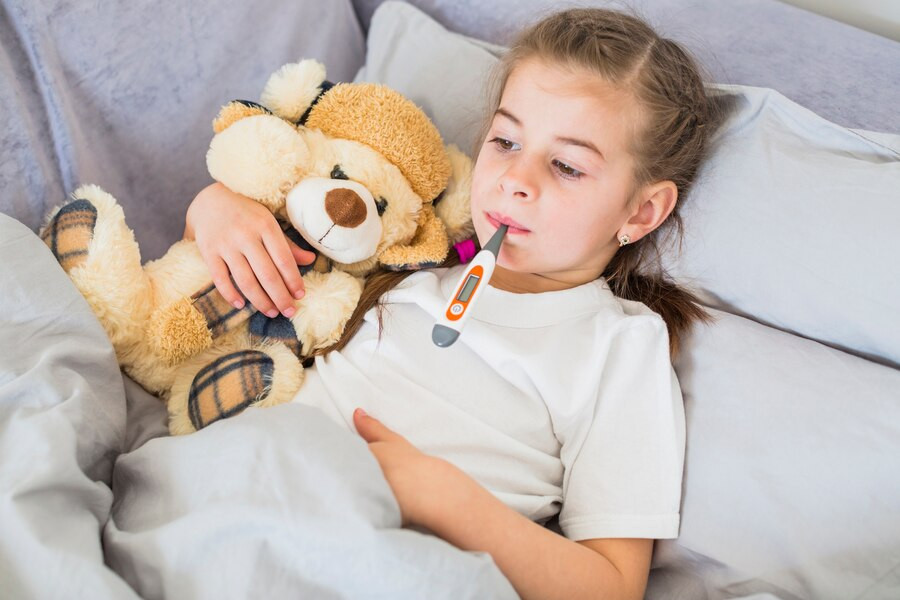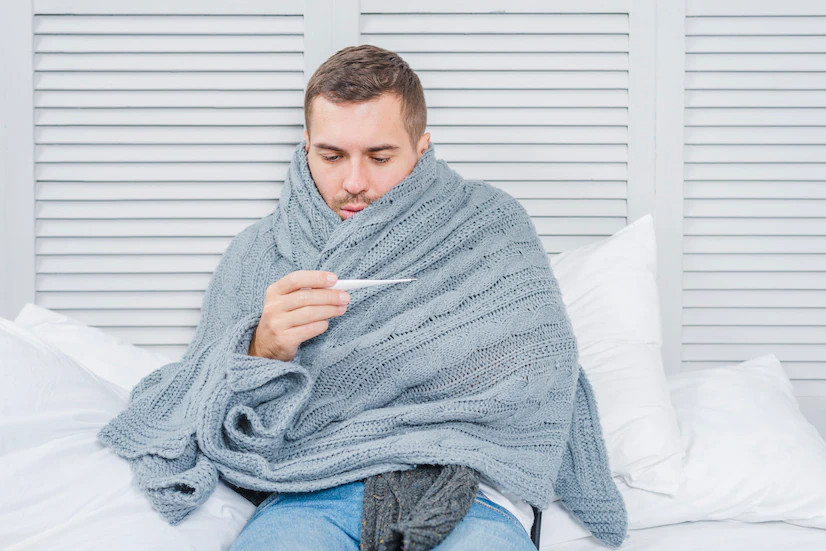Mycoplasma pneumonia is among the 200 species of Mycoplasma bacteria. These bacteria can lead to infections in different areas of the body, including the lungs, skin, urinary tract, and other organs.
Mycoplasma pneumonia specifically refers to lung infections or pneumonia caused by Mycoplasma bacteria. How does mycoplasma pneumonia differ from typical pneumonia?
How does Mycoplasma pneumonia differ from pneumonia?
Pneumonia typically involves inflammation or infection of lung tissue. Mycoplasma pneumonia is a type of bacteria that can lead to specific forms of pneumonia, known as atypical pneumonia. This classification results from somewhat distinct symptoms when compared to pneumonia brought on by common bacteria.
Unlike many bacteria, Mycoplasma bacteria lack rigid cell walls. Consequently, treating Mycoplasma pneumonia with certain antibiotics can be more challenging. The bacteria are transmitted through droplets when an infected individual coughs, sneezes, or speaks in close proximity to others.
While Mycoplasma pneumonia is commonly associated with pneumonia, it can also lead to infections in other body areas, such as the skin or urinary tract.
Symptoms of Mycoplasma pneumonia
Mycoplasma pneumonia typically impacts individuals in settings such as dormitories, schools, or those with frequent direct contact with many people over extended periods. Symptoms are typically mild and manifest 1-3 weeks post-exposure.
Common symptoms include:
- Chest pain
- Chills
- Dry, non-bloody cough
- Persistent sweating
- Elevated fever
- Headache
- Sore throat
Less common symptoms may include:
- Ear pain
- Muscle or joint pain
- Neck swelling
- Rapid breathing
- Skin lesions or rashes
Treatment of Mycopaplasma pneumonia
Treating Mycoplasma pneumonia infection follows a similar approach to treating pneumonia in general, which includes:
- Using medications like paracetamol or ibuprofen to reduce fever
- Increasing fluid intake to help thin and clear mucus
- Getting adequate rest
- Taking antibiotics. Make sure to follow the doctor's instructions to ensure the infection is completely gone and to prevent antibiotic resistance
In more severe cases, especially those involving significant breathing difficulties, hospitalization may be necessary. Children, individuals with chronic illnesses, or those with weakened immune systems may require intensive care, including intravenous medication, oxygen therapy, and continuous monitoring of respiratory function.
If you need medical advice or consultation, you can either visit a doctor or make use of the consultation features that are available in the Ai Care application by downloading the Ai Care application from the App Store or Play Store.
Looking for more information about other diseases? Click here!
- Sean Edbert Lim, MBBS
CDC (2022). Mycoplasma pneumoniae Infections. Available from: https://www.cdc.gov/pneumonia/atypical/mycoplasma/about/causes-transmission.html
Lydia Krause (2021). Mycoplasma Pneumonia Infection. Available from: https://www.healthline.com/health/mycoplasma-pneumonia
Medline Plus (2022). Mycoplasma pneumonia. Available from: https://medlineplus.gov/ency/article/000082.htm
Mount Sinai. Mycoplasma pneumonia. Available from: https://www.mountsinai.org/health-library/diseases-conditions/mycoplasma-pneumonia
NHS UK (2023). Pneumonia. Available from: https://www.nhs.uk/conditions/pneumonia/
WebMD (2023). Mycoplasma Infections. Available from: https://www.webmd.com/a-to-z-guides/mycoplasma-infections
Cleveland Clinic (2023). Antibiotic Resistance. Available from: https://my.clevelandclinic.org/health/articles/21655-antibiotic-resistance











